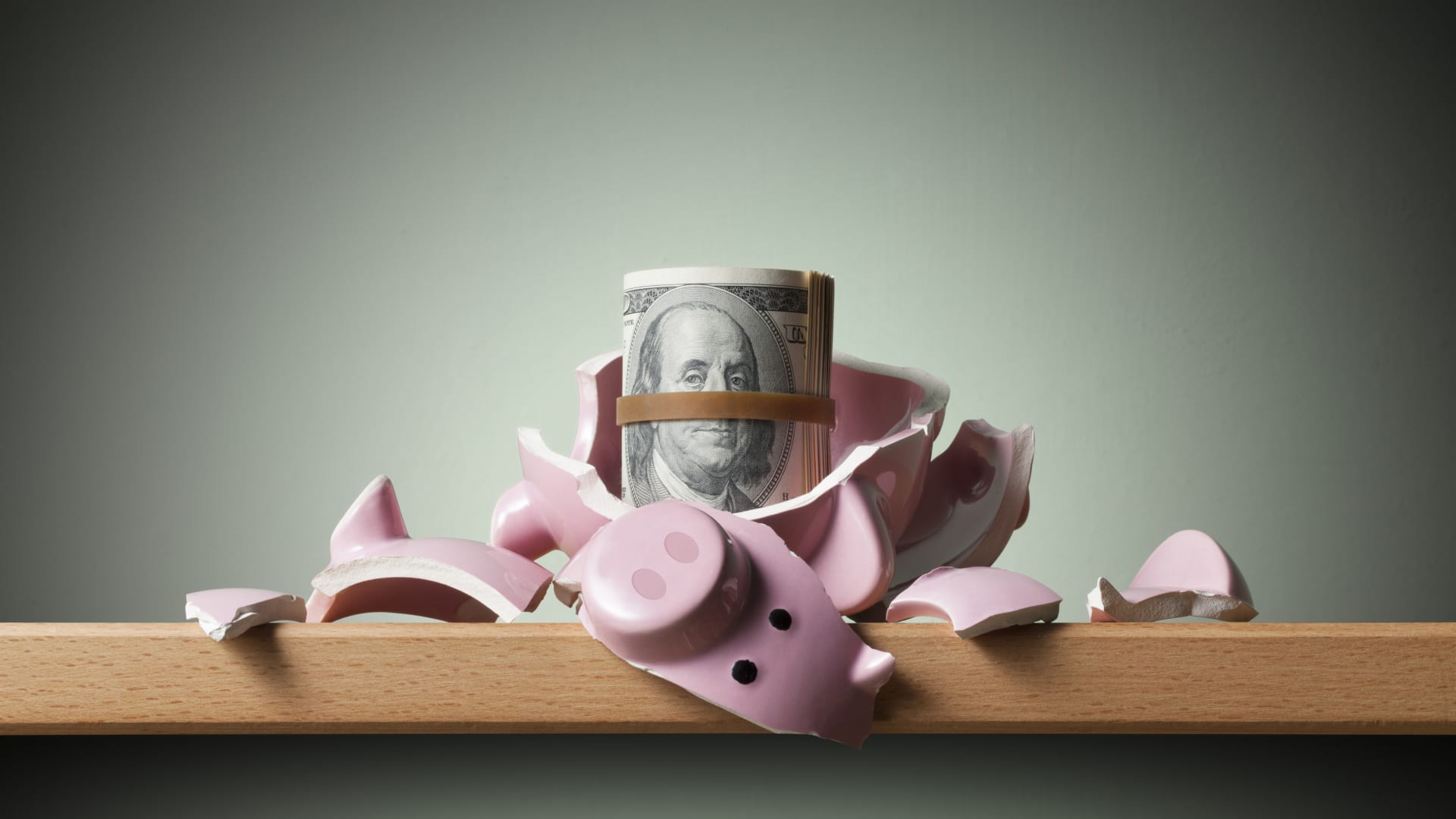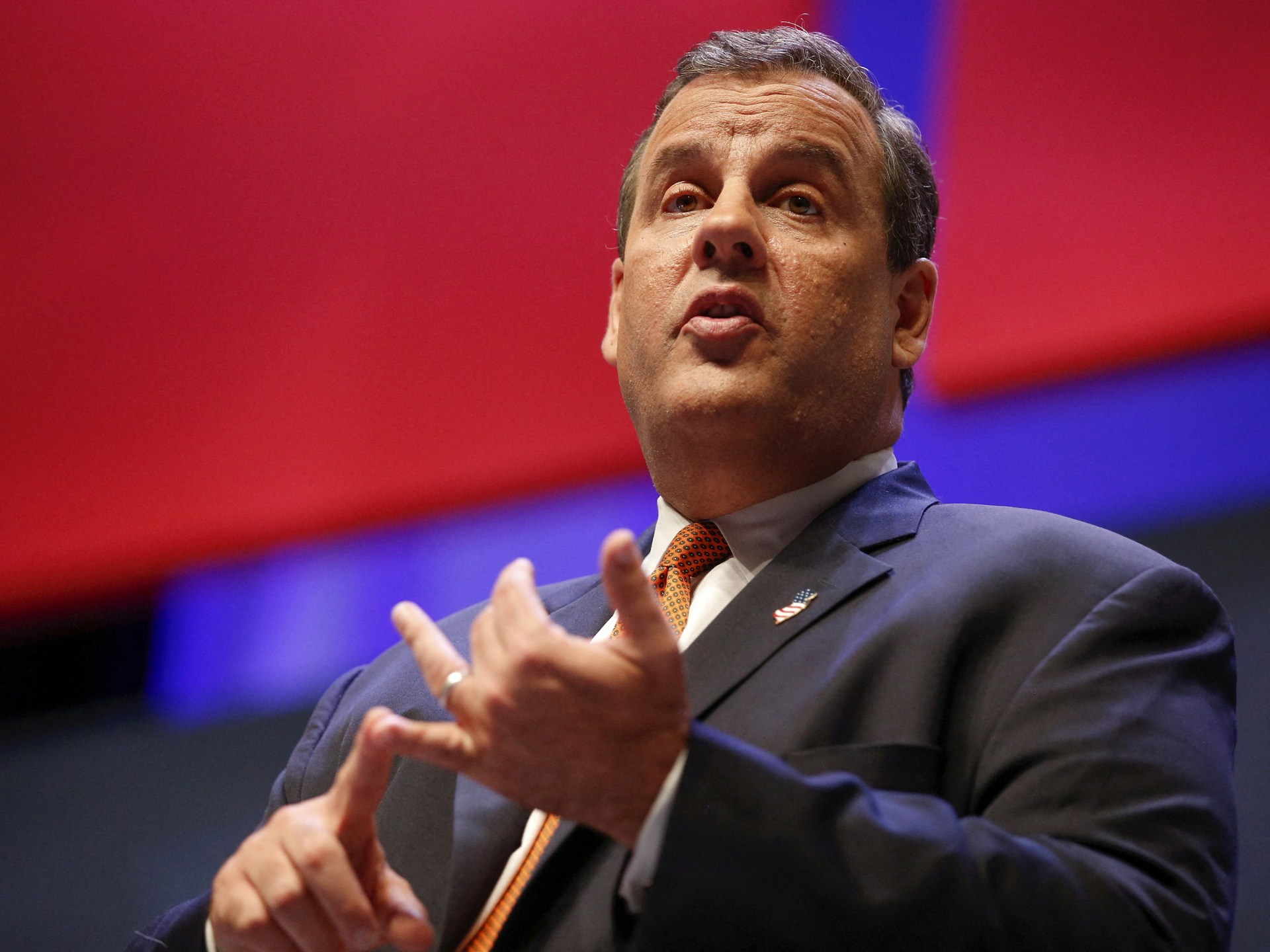Turkey continues to surprise everyone
The developments in Turkey are also analyzed here. Just like many other countries, Turkey is discussed here.
Most of those I met at MIT and Harvard asked me the same question. "What’s happening in Turkey?"
We usually get carried away by the day and fail to see the bigger picture. We are so involved in domestic affairs, we can’t understand the opinions made overseas about what’s going on in Turkey.
International media are intrigued be the developments going on in Turkey. They are surprised to see that Ankara, which failed to do anything for years, has all of a sudden increased the pace of change dramatically. They are trying to find ulterior motives behind the recent developments and are suspicious about the possibility that things could return to the way they were.
I remember the comments made about Prime Minister Recep Tayyip Erdogan and the Justice and Development Party (AKP) after the national elections in November 2002.
They had suspicions that this party would push Turkey towards fundamentalism. They feared that this party would rule over Turkey in accordance with harsh policies.
Today, after all what’s happened in Iraq, is seen as the savior of the Muslim world. No one talks about the AKP’s conservatism or hidden agenda. Turkey is like a beacon of light.
That’s why everyone says that the European Union has to give Turkey a date to start membership negotiations. People constantly say that no obstacles should remain in Turkey’s path.
We can only wait and see if the EU will hear their calls?
‘Ugly American’ becomes a slogan
Some of you might remember. Marlon Brando played in a movie called "The Ugly American." It was the story of an American soldier in Korea.
"The Ugly American" became a insult directed at Americans. It was forgotten during the Cold War years, but it has started to creep in once again.
The American public is not aware of it.
They seem unaware of the fact how the world’s perception towards them is affected by George W. Bush’s policies based on strength and his attitude of looking down on all others. Especially his attitude towards the Israeli-Palestinian issue, after the debacle in Iraq, is damaging the entire country’s credibility. The U.S. is a very isolated society. It doesn’t like looking around, nor doesn’t it have any desire to listen to the other side. Everything is seen from Bush’s perspective.
The Americans truly fail to see the gravity of the situation. Those who do, have almost no public influence to change the policies. If the public just managed to see how much it will loose if it begins to be viewed as "ugly" from the outside, it may begin to change.
However, everybody knows that won’t happen if Bush remains in power.
The American public knows nothing about the EU
When I first heard it, I was very surprised.
This year’s GALLUP poll clearly shows what issues are truly important for the U.S. public. The most stroking result was the one on the EU.
According to the poll, 44 percent of the U.S.-public don’t know what the EU is or what it does.
It is easy to look at this result and accuse Americans of ignorance. However, the real problem is that fact that the U.S. is huge and the public has other interests.
On the one side, there is the strongest country in the world and the White House that wields this power. On the other hand, there are the millions who don’t care how this power is being used.
It is a huge continent with various disparate regions.
Unfortunately, the Bush government is governing this country in a way that it doesn’t deserve. As a result, The U.S.’s credibility is trampled underfoot.
Still, he can be re-elected.
The U.S. continues to be a land of contrasts.
The US media s under ‘treason’ pressure
In the past, we used to look at the U.S. media and be very envious. We used to be jealous of their work environments. Their relations with state officials were very formal and their freedoms were very broad. We, on the other hand, were always under pressure. We would be left alone as long as we supported the military and government. If one started to criticize them, one would face significant pressure. You would start attending court sessions, start receiving threatening phone calls and even you would realize that you are being followed.
Today, compared to the past, the Turkish media is much freer.
On the other hand, the U.S. media, especially after the Sept. 11 terrorist attacks, is living under the severe obstacles placed by the Bush government. While they are considerably better then how we were, those who criticize Bush’s war on terrorism immediately see all the doors are closed in their faces, their sources become silent and officials no longer want to meet them.
There is a set line. Those who cross it are accused of being "traitors." Moral pressure applied is making it hard for the U.S. media to do their jobs. Moreover, they have no where to turn to. This pressure is applied in such a way that those overseas seldom see it. Because it lacks our way of harsh treatment, it fails to develop into a serious problem.
It appears no country can be free of pressuring the media.



